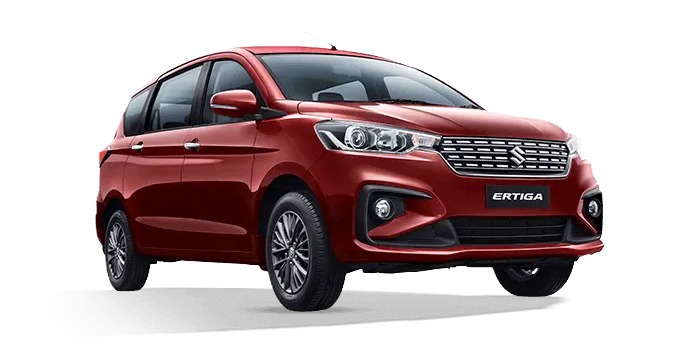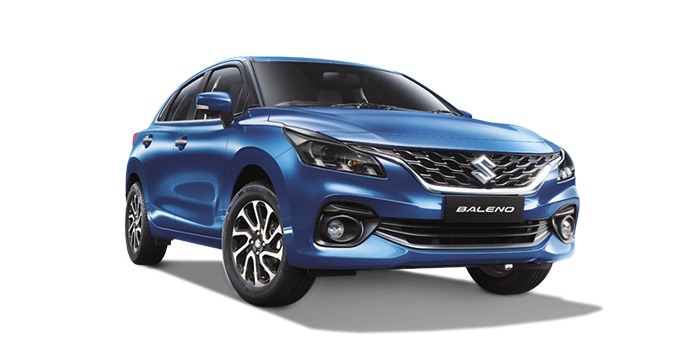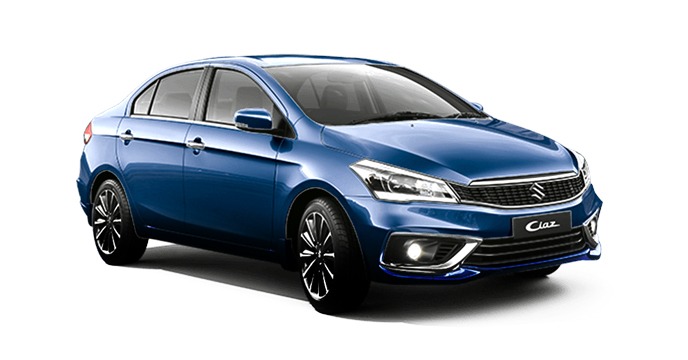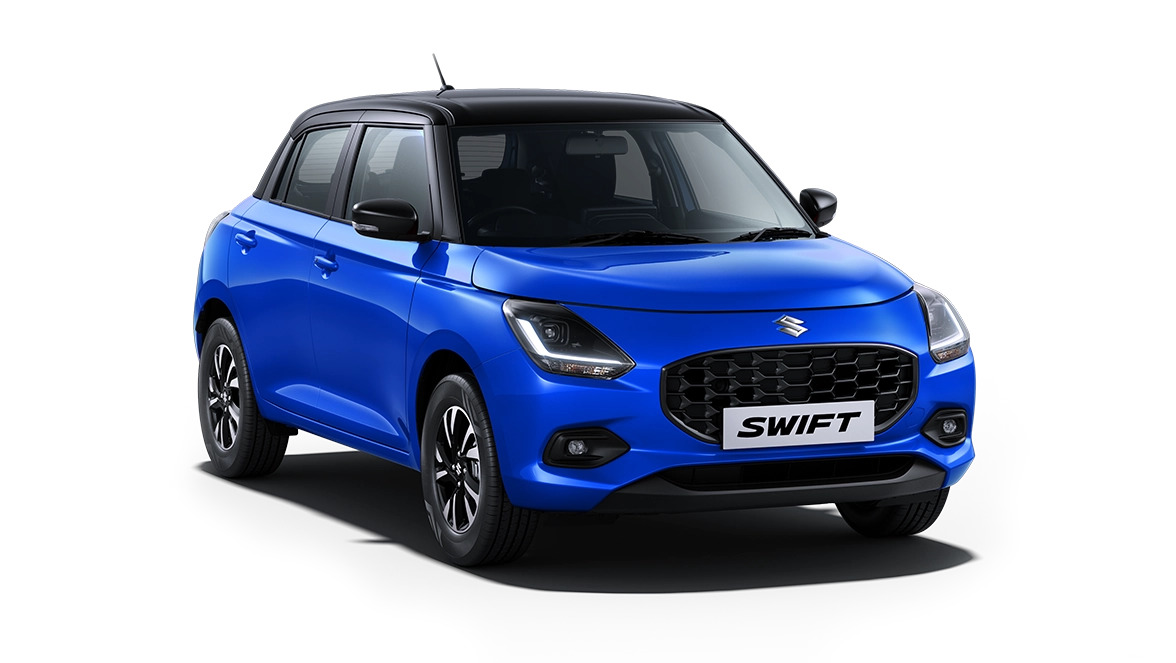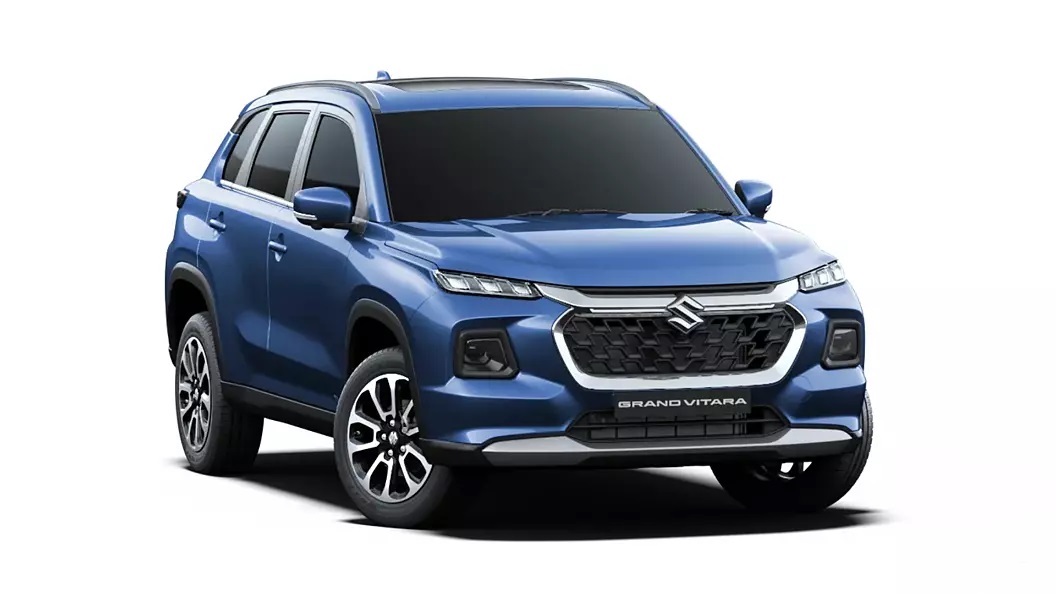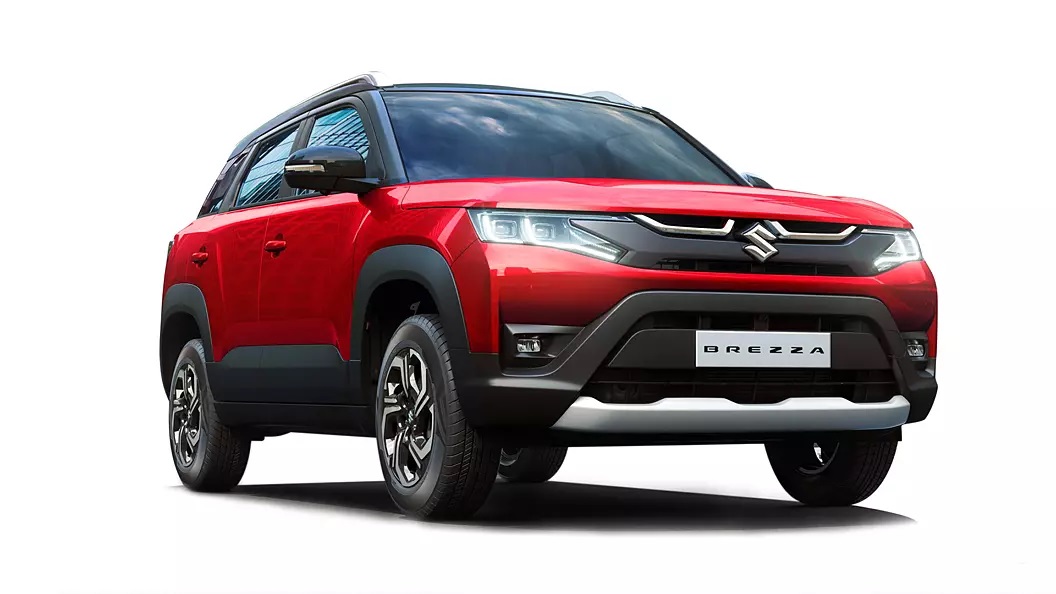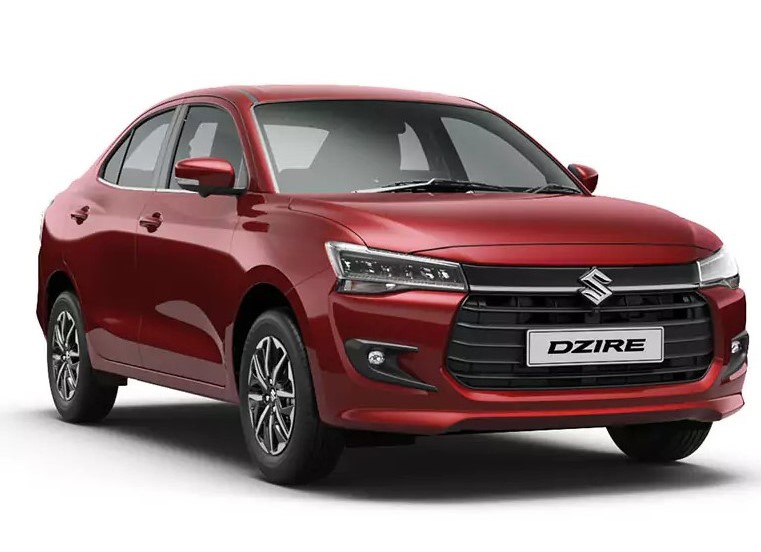Difference Between Premium Petrol And Normal Petrol
Difference Between Premium Petrol And Normal Petrol

Why spend extra unnecessarily? What is so premium in premium petrol? What extra quality are they going to give it in ₹3 or ₹4 difference? These are some of the common questions that arise in our minds when seeing the “Premium” board at petrol pumps.
Notably, these doubts pop out in most of the minds. That’s why we decided to put an article explaining the difference between premium petrol and normal petrol. So that, you will not have any confusion when seeing the “Premium Petrol” board the next time.
What are the Basic Constituents of Petrol?
Before we dive into explaining the differences between premium and normal petrol, let’s have a quick look at the constituents of petrol. The major components in petrol are hydrocarbons. The hydrocarbons in petrol are:
| Hydrocarbon | Average Quantity |
| Alkanes or Paraffins | 30% |
| Naphthenes | 45% or more |
| Aromatics | 15% |
| Asphaltics | 6% |
The hydrocarbons are produced as a result of the catalytic process, which the crude oil is subjected to. Petrol is added with specific additives to improve efficiency and reduce heavy deposits in the engine.
Differences Between Normal Petrol and Premium Petrol Explained
The base factor that creates some petrol premium while making some other normal is the “Octane Number”. Now you might be wondering what this octane number is. Octane number is the unit that stipulates the ignition quality of petrol. That means the higher the octane number the better the ignitability of petrol.
ALSO READ: TIPS FOR BUYING A NEW CAR
With the increase in octane number, the quality of fuel also increases. Petrol with a high octane number would burn efficiently, without causing knocking any such issues. The perfect burning of the fuel would deliver the vehicle with a powerful and fuel-efficient performance. The life of the engine also will improve remarkably when you constantly use petrol with high octane number.
Normal petrol has an octane number of 87. Whereas the premium petrol has an octane number from 91 to 94. The number may vary depending on the brands. Note that, similar to the octane number of petrol, diesel fuel has Cetane Number that denotes ignitability.
Why Octane Number is an Important Element Whilst Choosing the Fuel?
Octane numbers can augment the performance, as well as, the life of the car engine. There are many factors that make high-octane fuel a preferable choice. Notwithstanding, you should confirm the usage of premium fuel with the specialist car mechanic.
The reason for the above statement is that there are cars that don’t require premium fuel. Those would be performing in the same way as normal petrol even if you put high octane premium petrol. You much confirm that the vehicle is technologically advanced to make use of the high octane number.
Else, you would be spending exorbitantly, just on fuel, without any evident result. The car’s mileage or power may not go up, as it is tuned to perform normally in every circumstance. Some of the car models explicitly state the usage of normal fuel only. Hence, think and decide on using premium fuel after careful contemplation only.
On the other hand, top-end cars that are designed to perform would deliver exemplary results when you use premium petrol. The benefits offered by premium fuel are:
- Increased mileage
- Improved efficiency of engine
- Added power and performance
- Enhancement in engine life
- Fewer emissions and pollutants than normal petrol
Scenarios to Use Premium Petrol Instead of Normal Petrol
Premium petrol is a good choice during the following scenario:
- Knocking observed from car’s engine repeatedly and you suspect the fuel to be the reason
- The car is designed to perform with premium fuel
- The specialist mechanic suggests the usage of premium fuel after a thorough inspection
- The car manufacturer hasn’t specifically stated the usage of “normal fuel only” in the booklet. And you think premium fuel would be a good choice. Even though this is the condition, it is good to take expert advice on this.
A Few Quick Facts About using Premium and Regular Petrol
Consider the following before deciding upon the fuel for your car. It is always good to pick wisely, rather than spending exorbitantly without any visible advantages.
- Avoid opting for premium fuel if the vehicle manual states otherwise. The standard statement in the owner manual “Use Regular Fuel Only” depicts that you don’t have to use premium petrol. Even if you use premium fuel, it will not do any good other than burning your budget. Neither mileage nor performance will improve.
- Most of the latest car models have knock sensors installed. The engine performance will be adjusted, according to the fuel grade, by the knock sensors. No need to go for premium fuel unless you are sure about it, although you have experienced engine knocking.
- Premium petrol can boost the power and performance of the specified car models. In reality, most car owners do not notice the change in car performance. Pay the extra money and use premium fuel only when you think of it as a necessity.





